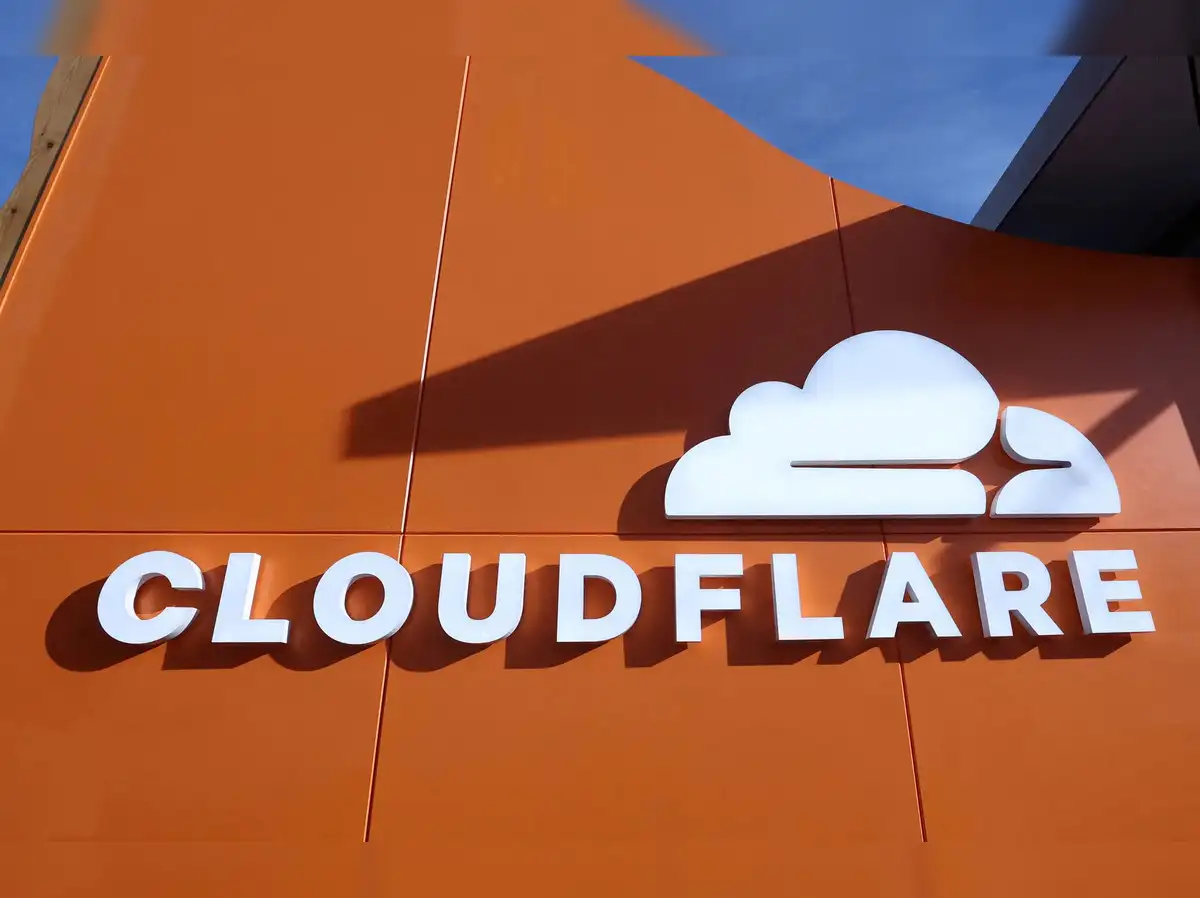Cloudflare's Default AI Scraper Blocking

Cloudflare, a prominent tech company managing internet traffic and providing website security, has implemented a significant new setting that allows its customers to automatically block artificial intelligence (AI) companies from collecting their digital data without explicit permission. This represents a sweeping change, as every new domain signing up to Cloudflare's network will now block unverified AI crawlers by default, impacting an estimated 20% of the entire internet. This strategic shift is designed to protect original digital content and empower website creators by reversing the default access model; previously, bots not flagged as malicious could freely scrape content, but now, access must be granted by the website owner.
Matthew Prince, CEO of Cloudflare, emphasized this change, likening it to a 'toll road' for robots to access publishers' content, stating that the company is 'changing the rules of the internet across all of Cloudflare.' The core motivation behind this initiative is to prevent the free and unconsented use of web data by AI companies, which, if unchecked, could discourage the creation of new digital content. Cloudflare's internal telemetry confirms the urgency of this measure, showing a sharp increase in AI data crawlers on the web, with significant request volumes from agents like Anthropic's Claude crawler and OpenAI's GPTBot, often without returning traffic or revenue to publishers.
Adding another layer to this control, Cloudflare has simultaneously launched 'Pay Per Crawl,' a feature that allows publishers to price each bot request. When an AI agent attempts to access a pay-walled URL, it will receive an HTTP 402 Payment Required response, advertising the cost. The bot can then choose to retry with a signed payment header to complete the transaction or back off if the price is too high. Cloudflare acts as the merchant-of-record, enforcing these rules after its existing Web Application Firewall (WAF) and bot-management layers, thereby giving content creators more control over the monetization and distribution of their data.
The issue of data for AI systems has become increasingly contentious. Companies like OpenAI, Anthropic, and Google have amassed vast amounts of information from the internet to train their AI models, with high-quality data being particularly prized for its role in enhancing AI proficiency. However, website publishers, authors, and news organizations have accused these AI companies of using their material without permission or compensation. Notable legal actions include Reddit's lawsuit against Anthropic for allegedly unlawful use of user data, and The New York Times' copyright infringement lawsuit against OpenAI and Microsoft for their use of news content in AI systems, although these claims have been denied by the defendants.
The move has been largely endorsed by media groups, with figures like DMGT vice-chair Rich Caccappolo praising the default block as fostering a 'structured and transparent relationship between content creators and AI platforms.' News/Media Alliance president Danielle Coffey also commended the framework for creating a 'more equitable exchange' between the content creation and AI industries. Despite these new controls, overall AI and search crawler traffic continues to swell, with Cloudflare data showing an 18% year-over-year rise in combined AI-and-search crawling, and GPTBot volume increasing by 305% in the same period.
Reactions among developers have been split; some view Pay Per Crawl as a much-needed revenue stream, while others express concerns about potential roadblocks for open-source search projects or archival crawls, fearing it could stifle innovation. For publishers, the default block is active for new Cloudflare domains, with existing customers able to opt-in via their dashboards. For AI firms, authenticating crawlers and potentially negotiating per-URL pricing are becoming essential requirements for large-scale training. This protocol could also influence future policy, potentially crystallizing around Cloudflare's proposed Web Bot Auth standard, offering lawmakers a technical framework for regulation. Cloudflare's bold step signals a definitive challenge to the 'scrape-first, apologize-later' approach, fundamentally altering how data access is managed across a significant portion of the internet.




:max_bytes(150000):strip_icc()/GettyImages-2159671970-33dba57803f844a9a3aa1a04a5c18fed.jpg)






